Gabon, a country lying on the west coast of Africa, astride the Equator.
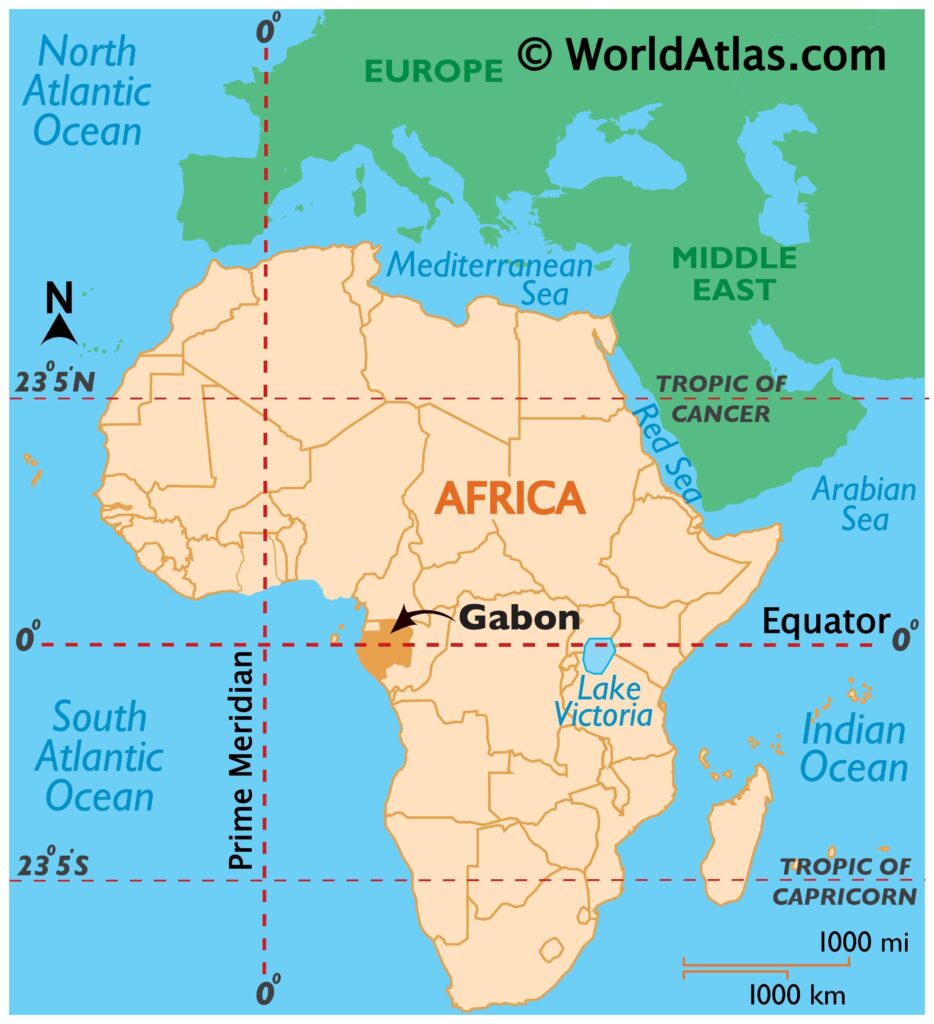
History of Gabon
Beginning in the fourteenth century, Bantu immigrants populated the region. In the late 15th century, traders and adventurers from Portugal came to the region.
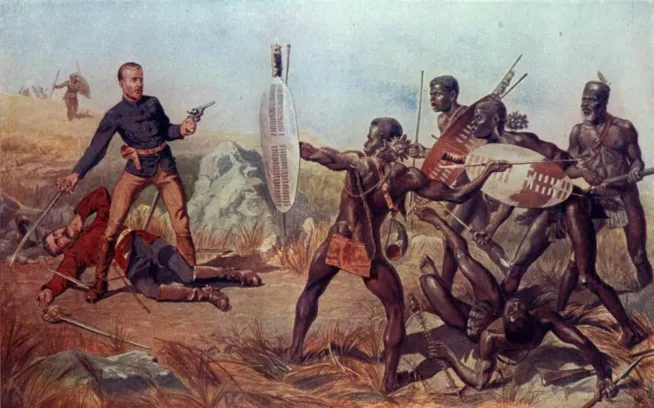
it became a center of the transatlantic slave trade with European slave traders in the 16th century. the traders came to this region for trading for slaves, ivory, and tropical woods
France established a protectorate over the coast between 1839 and 1841.
Libreville was established in 1849 by prisoners freed from a seized slave ship. Between 1862 and 1887, France increased its dominance over the whole state, assuming absolute authority. Gabon joined French Equatorial Africa in 1910. Gabon gained independence in 1960.
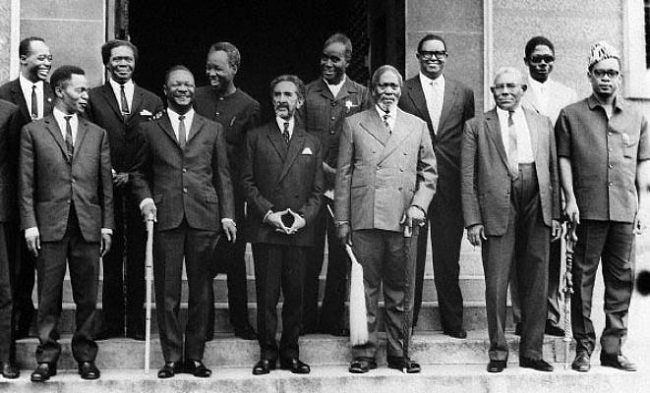
Languages
French is the sole official language. It is estimated that 80% of the population can speak French and that 30% of Libreville residents are native speakers of the language.
63.7% of Gabon’s population could speak a Gabonese language
Gabon’s culture
Gabon’s way of life is impacted by its ethnic foundation and vicinity to other West African countries, Gabon has rich oral customs and is rich in fables and folklore.
Ethnic gatherings: Gabon has no less than 40 ethnic gatherings, with discrete dialects and societies. The biggest is the Tooth (around 30%
Dance, music, workmanship, and dress: Gabon has a wide assortment of dance, music, craftsmanship, and apparel.
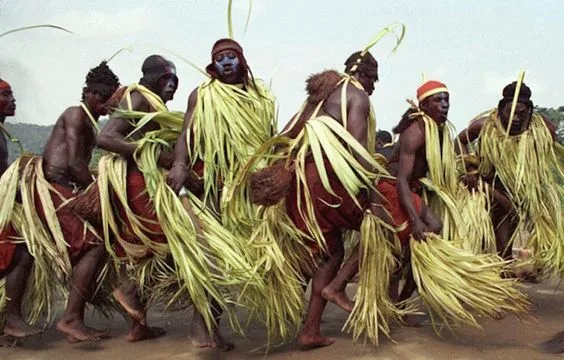
Customary covers(mask): The utilization of conventional veils is significant in Gabonese culture.
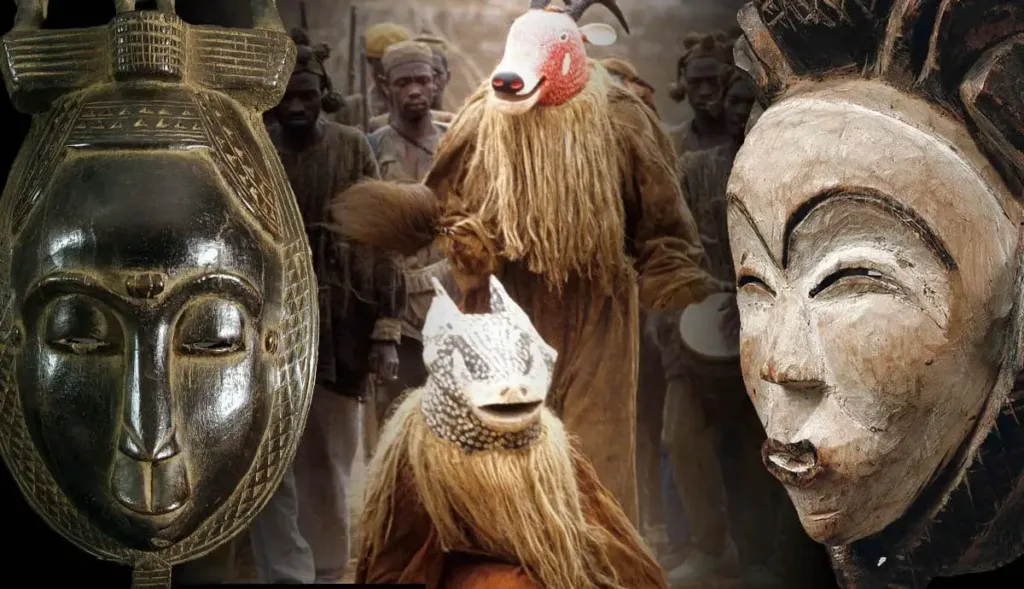
Customary dress: The conventional apparel is the boubou, a top that is knee or floor-length. Men wear them baggy with matching jeans, ladies wear them with twofold wrapped pages (a brilliant segment of African material).
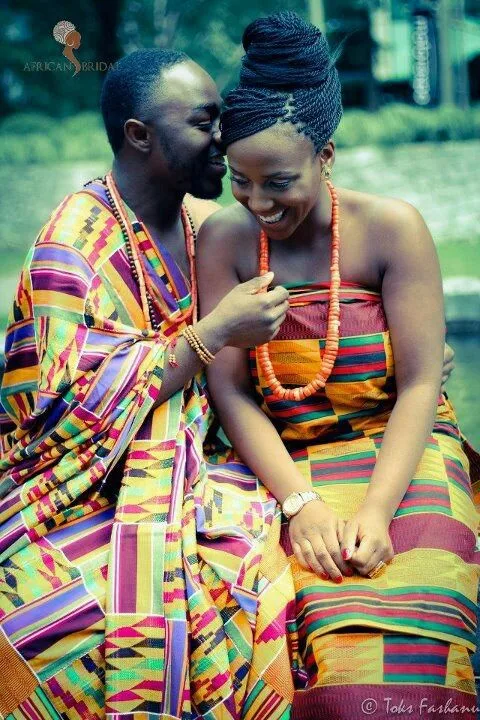
Wildlife of Gabon
The flora and fauna of Gabon make up its wildlife. The majority of Gabon is a low-lying nation with a warm, humid environment. Tropical rainforest still covers a considerable portion of the nation, along with grasslands, savannas, big rivers, and coastal lagoons.
“Raconteurs” are presently attempting to keep customs alive, for example, the mvett among the Teeth and
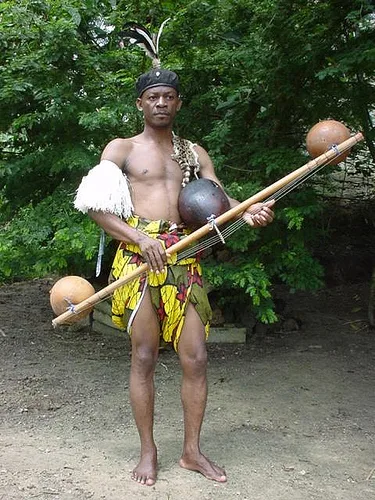
the ingwala among the Nzebis.
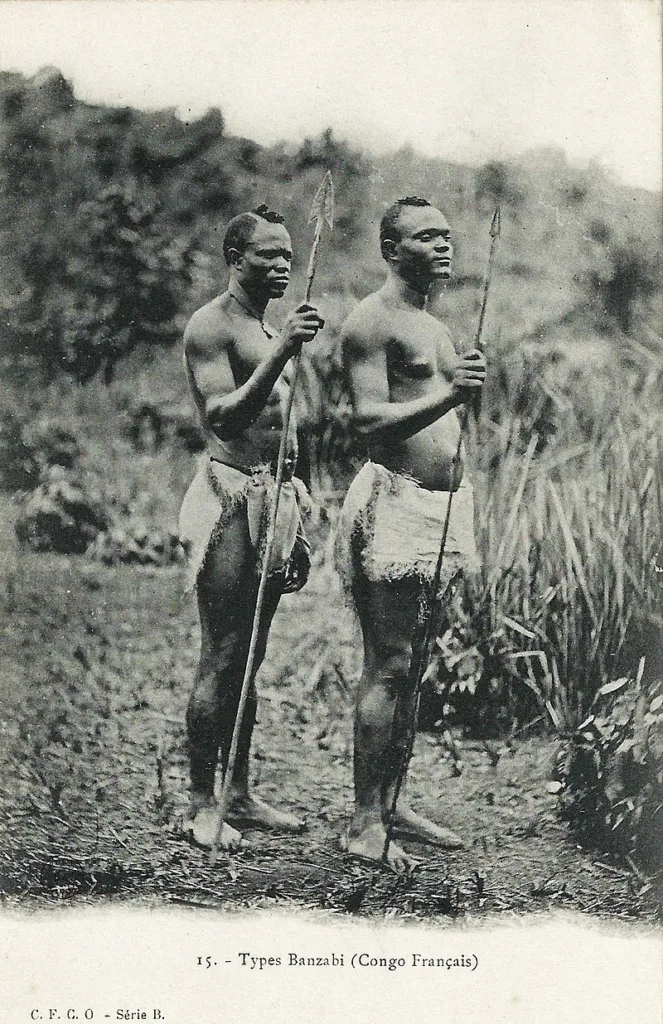
There are significant populations of several species in Gabon, including 64,000 chimpanzees, 50,000 forest elephants, and 35,000 gorillas. Gabon is home to around a fifth of all gorillas in Africa. The hippopotamus, woodland buffalo

bongo

red river hogs

are some more huge animals. Numerous monkey species exist, including the near-endemic mandrill, the endemic sun-tailed monkey, and the white-collared mangabey. Near-endemic here refers to the fact that although the majority of these species’ individuals are found in Gabon, they are also found in its neighboring nations. The leopard, golden cat, and different jackals, mongooses, genets, and civets are examples of carnivorous animals. In the eastern savannahs of the nation, the last lion was slain in 1996. While humpback whales reproduce offshore, West African manatees are located along shores and in large rivers.
REPTILES
A variety of snakes are found including the Gabon viper. Sea turtles breed along the coast, particularly the leatherback turtle.
FLORA
There are over 7000 species of native vascular plants in Gabon. About 22% of these are endemic. New species are still being discovered such as the tree Cola lizae which was first described in 1987.
BIRDS
There are 604 different bird species in the nation. None of them are endemic, although a few—the Dja River warbler, Verreaux’s batis, African river martin, and black-chinned weaver—have tiny geographic ranges and are restricted to Central Africa. The IUCN lists the Loango weaver and grey-necked picathartes as threatened species.
Birds
Heliornithidae

Mousebird
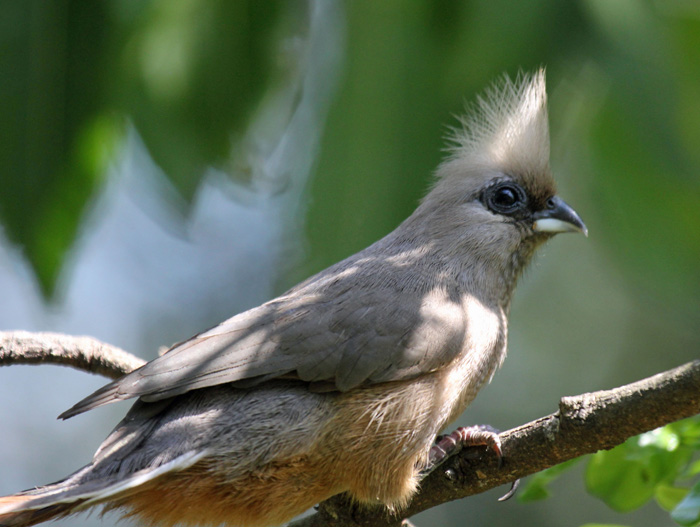
Cuckooshrike

and so many more
National parks in Gabon
There are 13 national parks in Gabon, all created in 2002 when President Omar Bongo established Gabon’s National Agency for National Parks. The national parks cover 10% of the country.
- Akanda National Park
- Batéké Plateau National Park
- Birougou National Park
- Crystal Mountains National Park
- Ivindo National Park
- Loango National Park
- Lopé National Park
- Mayumba National Park
- Minkébé National Park
- Moukalaba-Doudou National Park
- Mwangné National Park
- Pongara National Park
- Waka National Park
Economy
Natural resources such as lumber, manganese, and oil are abundant throughout the nation. The nation ranks sixth in Africa for oil production, which has contributed to its rapid expansion in the latter half of the 20th century.
government in Gabon
President Omar Bongo ruled Gabon from 1967 until he died in 2009,

Ali Bongo Ondimba’s father, Ali Bongo, elected to succeed his father the same year. That 2009 election, Ali Bongo’s re-election in 2016, and his most recent re-election this month were all marred by significant irregularities.
today Gabon officers declared a military coup, and President Ali Bongo detained
General Brice Oligui Nguema is named as the head of the Junta
Bongo, who is under house arrest, makes a plea for help as France condemns the coup from its soldiers in Gabon
must read it — atozfunda.com